Japanese society, it could be said, really immerses itself in the changing seasons. From Shintoism and Buddhism, the main religions in Japan, being deeply involved with nature to strong contemporary product marketing, this country lives, year by year, following a strictly seasonal calendar.
If you are lucky enough to experience all seasons in Japan, you will notice that each month’s climate has its own personality, with different food and celebrations associated with each one. If you want to discover which seasonal products you can enjoy in Japan then read ahead.
Seasonal Food in Japan
Food reflects every country’s culture, and Japan perfectly represents this sense of seasonality through its cuisine. It is true that before the age of globalization, each country had its specific seasonal ingredients, as you could only obtain a particular type of food in a certain season. But even nowadays, Japan has kept and celebrated the idea that there are specific foods to be eaten in each season.
In Japan, you can enjoy the perks of the contemporary world by buying many types of food no matter the season, but they emphasize seasonality in many aspects. In each season there are different products that are promoted, seasonal products are sold that you can find just in a certain amount of time and seasonal themes are created in cafeterias with various special menus. When living in Japan you realize that apples and plums represent winter, strawberries, and cherries are for spring, peach, watermelon, and mint chocolate correspond to summer, and pumpkin, mushrooms, and sweet potato are for fall.
All this seasonal food is directly linked to kaiseki cuisine. This exquisite and completely Japanese-style course often works with and is focused on local and seasonal ingredients. But in modern Japan, you can also see this seasonality concept in large corporate chains such as Starbucks, which have merged perfectly with the Japanese culture: each month they launch a seasonal drink that you are unable to purchase once the season is over.
Seasonal Celebrations in Japan
It’s no secret that every country has its celebrations and people spend time preparing and thinking about them before they happen. But believe me, Japan is the master of that. After living in Japan for a while, I realized that the strict Japanese seasonal calendar has no gaps between celebrations.
Winter: A Mix of Traditional and New Celebrations
The year begins with the New Year celebration, a mix of traditional ceremonies such as the temple’s prayers, and modern ones such as the fukubukuro, a bargain surprise box sold in many stores. Of course, New Year decorations have been on sale since the beginning of December while overlapping with Christmas. It is important to know that you need to buy your New Year’s products at the very beginning of the year so as not to miss them, as I did — I came back in mid-February and all the rabbit-themed products from 2023 were sold out.
From there, it is time to prepare for Setsubun, a Japanese celebration to expel the demons surrounding us. You will see all the supermarkets with demon decorations, in the meantime they have chocolates and presents for Valentine’s Day.
Spring: A Unique Flower Season
Just after this romantic celebration, it’s time for the Hinamatsuri (Doll’s day) decorations as we welcome spring, without forgetting about the love market prepared for White Day (a second Valentine’s Day when men give chocolates to women). At the same time, this season comes with many flower events, especially sakura. From February to April, you can get as many sakura-themed products as you want. For those who love this flower, this can be a paradise… or a nightmare for their wallet. Spring celebrations end up with the Kodomo no Hi, the boy’s celebration, with many carp-themed products everywhere.
Summer: Fireworks and Sunflowers
After a rainy season surrounded by hydrangea-themed cafés and amenities, it’s time for products against the hot weather, summer festivals, and fireworks. Time to buy a yukata and walk around the many festivals, or collect all the gadgets and clothes that will make you survive the Japanese summer.
Fall: Two Big Hits in Japan
Surprising as it seems, September begins with all the various Halloween products available in stores. Halloween is a deeply loved celebration in Japan, and especially in Tokyo, you can enjoy two entire months of spooky decorations, pumpkins, and costumes. The funny thing is that if you stay in Japan in the last week of October and the first week of November, you can see a curious phenomenon — on November 1, everything related to Halloween vanishes and is replaced virtually overnight by Christmas decorations. And this season also lasts two months, which happens to meet the Japanese New Year. And we then the circle begins again!
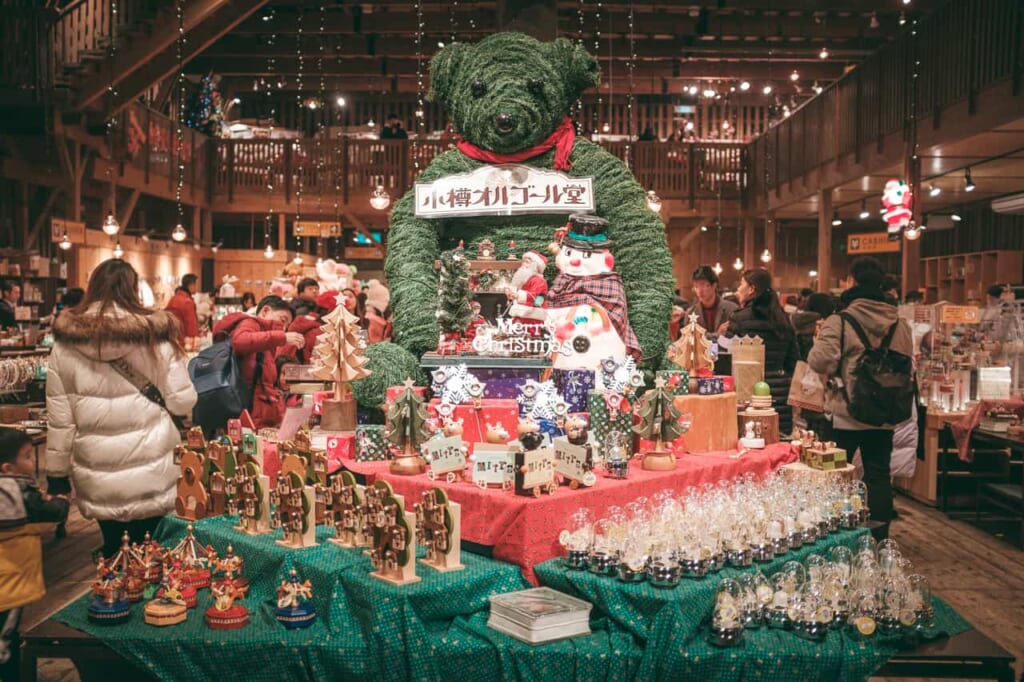
Unique Seasonal Products in Japan
This complex marketing system is not just about the celebrations, but all kinds of products that they sell related to them. Japan has seasonal products for everything, and some of the most curious is goshuin. Once you enter this world, you can’t escape. You can obtain beautiful stamps made in a temple or a shrine all year around, but you may not know that some of them are seasonal, and are not sold everywhere. It is like a rally game, as each temple or shrine decides if they are going to have a seasonal one. If you think this collection is too demanding for you, you can buy seasonal postcards. Each season has beautiful and elaborate postcards of different shapes or colors. And if you want to incorporate this seasonal aspect onto your body, why not try the seasonal nails? Many nail salons in Japan, offer you some cute designs related to flowers and seasonal topics.
Reasons Why Japan Has So Many Seasonal Products
Even though there may be many reasons, seasonality has always been important in Japanese society. If you have been to Japan in different seasons, you will notice that they have completely marked seasons with different characteristics from each other. Deeply related to the Shinto, this religion is focused on the cycles of the earth that affect the agricultural cycle. It started with many festivals devoted to these changes, artistic expressions, reflecting the passing of seasons, and local dishes using seasonal products, and has been adapted to modern times.
After learning about the different products you can buy in each season, you can also plan your trip depending on what you want to see and experience. And, of course, if you have already been to Japan and you want to repeat this trip, but you are worried about seeing the same things, take this idea out of your head. Each season Japan has the potential to show you a completely new world.
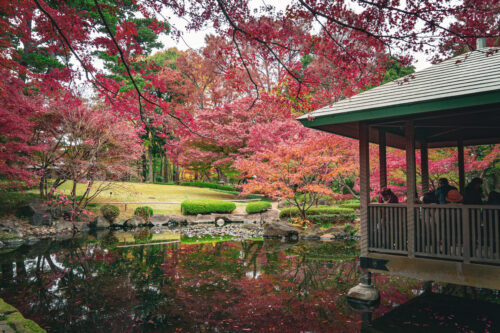
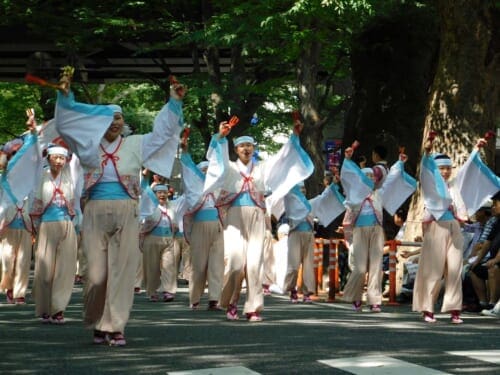
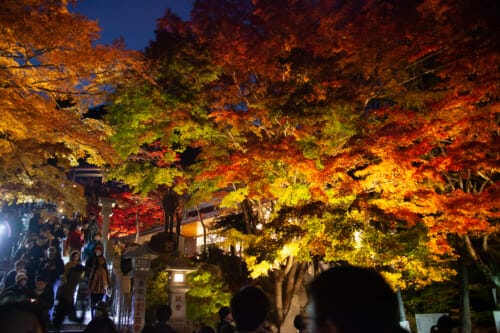



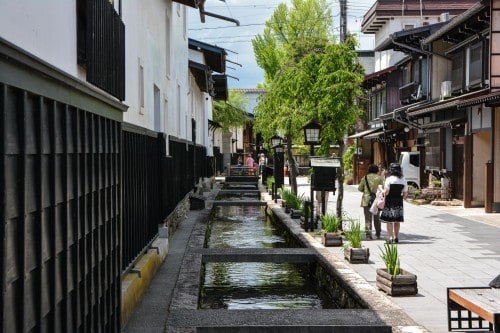
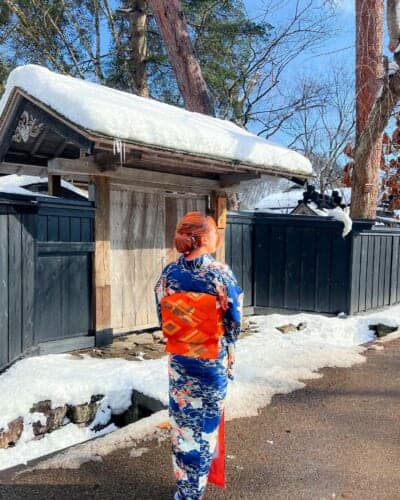


No Comments yet!